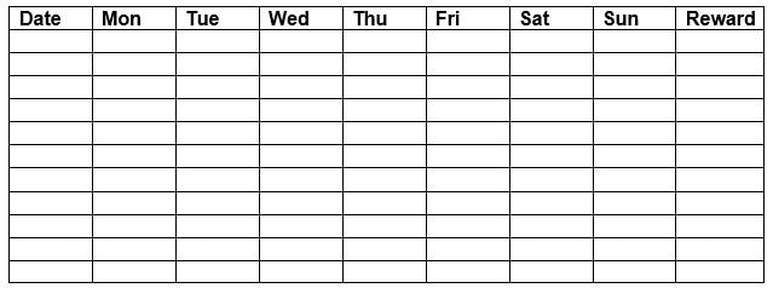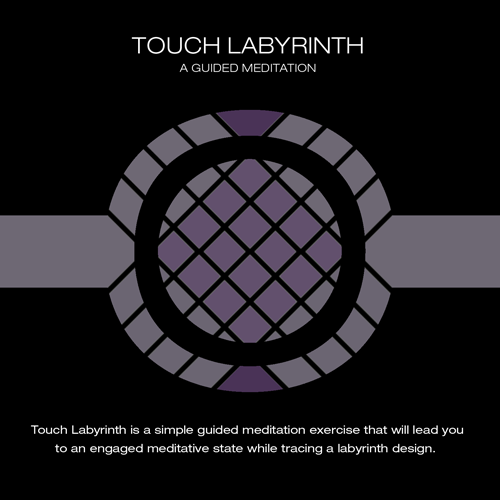—John Wooden, one of the most successful coaches in the history of college basketball” Each week, you mark the calendar at least 5 times a week, give yourself a reward. Examples of non-food rewards – get a hug from your loved one, indulge in FB time, and watch a funny video, read a novel . . . Be aware of the positive changes (however small) in your life as a result of this regular practice – calmer, happier and less stressed and acknowledge your efforts! If you try other contemplative practices such as walking meditation, bible study, yoga or Tai Chi, mark the calendar! Research shows that you are more likely to get a powerful positive habit in your life when you do it consistently and, in small steps rather than large chunks infrequently! May I be happy and peaceful May I be free from fear and suffering May I live with love and compassion May I fully awaken and be free (You can repeat the phrases above with a blessing to people around you – May you be happy and peaceful...) Reference Maurer, Robert (2004): One small step can change your life : the kazen way, Workman
1 Comment
|
a guided finger meditationEngage your senses with soothing music, guided imagery and a labyrinth tracing activity which leverages the power of touch. Click the album cover to learn more. Categories
All
|



 RSS Feed
RSS Feed